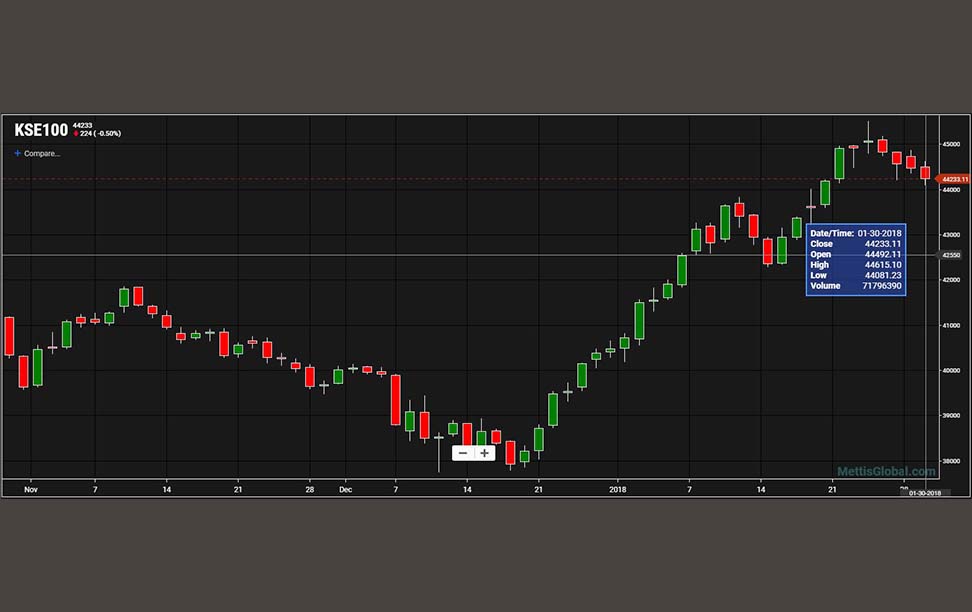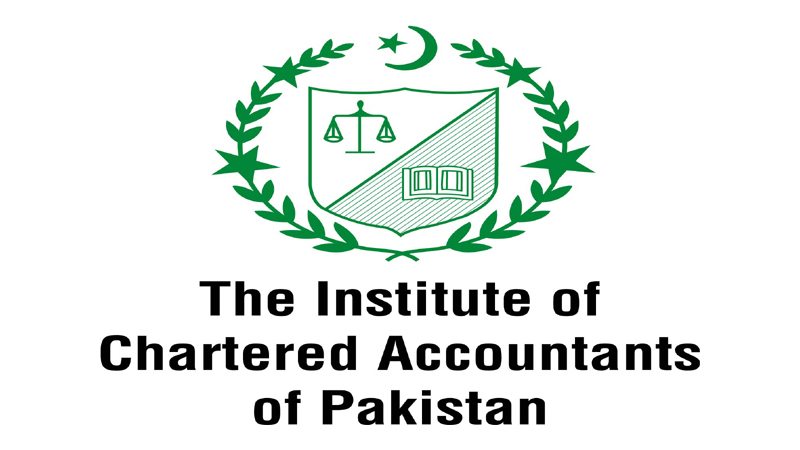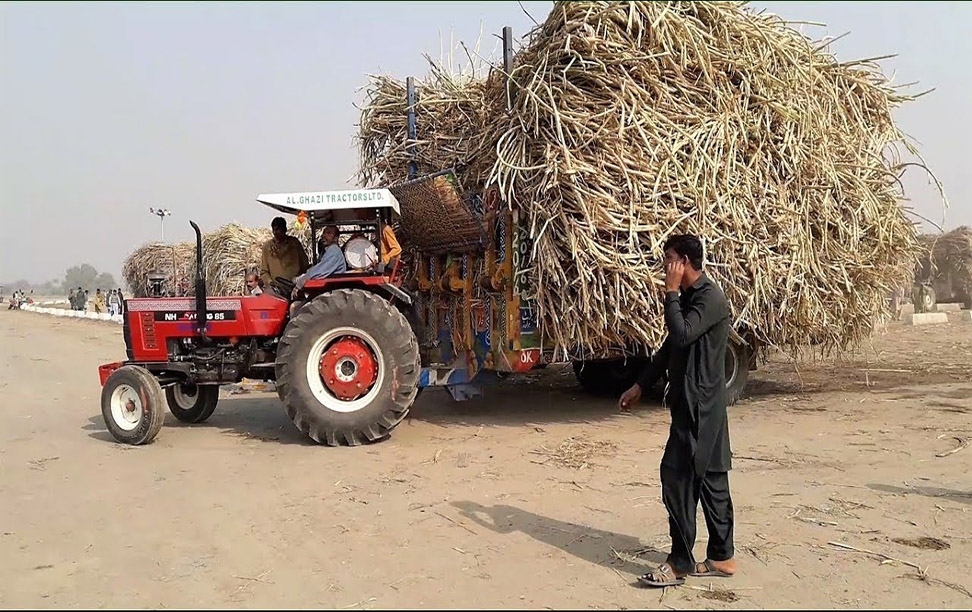Mobile broadband widespread adoption fosters digital financial services

By MG News | January 20, 2019 at 02:41 PM GMT+05:00
January 20, 2019: The account ownership in Pakistan has witnessed a reasonable increase and crossed around 39 million which was 15 million at end of 2015.
This increase has been significantly contributed by branchless/mobile banking accounts and account ownership in the country has increased to 22 per cent from 13 per cent in 2014.
It is important to highlight that since biometric verification of mobile connections in 2015, more than 23.5 million new branchless banking accounts were added in market.
The rapid and widespread adoption of mobile phones and mobile broadband technology with over 62 million mobile broadband subscribers in Pakistan has not only created a solid base for digital transactions but is also resulting in new and innovative business models that deliver financial services at lower prices and with broader customer reach.
According to Pakistan Telecommunication Authority (PTA) under bank-led model, authorized financial institutions, cellular mobile operators and technology firms have improved their financial services and necessary infrastructure by developing user friendly and real time solutions.
These players are capitalising on the technological advancements to bring disruption across distribution channels and product lines.
The financial and telecom regulators have also extended continuous support to the Digital Financial Service (DFS) growth in the country by providing enabling environment through improved policies, laws and regulations according to changing market dynamics.
The scope of alternate delivery channels and technologies has been expanded to include 3G and 4G spectrum for providing branchless banking services.
The relevant regulations have allowed opening of basic level remote m-wallet accounts to promote usage of financial services among all segments of society.
The SBP has issued 11 branchless banking and three Payment Service Providers licenses to various players. PTA and SBP have already issued first joint license for interoperability solutions and more are in the process.
The above mentioned DFS ecosystem has provided a reasonable base for uptake of digital financial services in the country.
According to Finance Survey 2015, 23 per cent adult population has access to formal financial institutions compared to only 12 per cent in 2008.
The report further said despite above mentioned improvements over the years, we are well short of DFS growth potential available through over 153 million biometrically verified mobile connections across the country.
In order to tap this potential, our DFS ecosystem needs to evolve to a state where consumers and businesses feel comfortable to leave their funds in digital form rather than cash.
First step towards this direction is delivery of bulk payments including Government to Person (G2P) and Business to Person (B2P) through mobile wallet accounts. Payments through these wallet accounts should be acceptable and as easy as paying cash at the merchants' outlets.
However, consumers do not keep their funds in digital wallets and mostly use cash as they do not find utility in keeping their funds digital, due to lack of convenient options to use those funds for day to day transactions.
The government has initiated delivery of Benazir Income Support Programme (BISP) payments through wallet accounts which is the biggest program of poverty alleviation in Pakistan.
Many other G2P payments can be channelized through mobile wallets. Secondly, payments across different channels should be ubiquitous and interoperable for consumers, wherein, anyone can transfer money to anyone through any channel.
In this direction, PTA and SBP have initiated joint licensing for interoperability of digital financial services under any-to-any model, however lot more efforts are required to accomplish large scale interoperability.
Thirdly, delivery of additional services including savings, insurances, investments and loans through digital wallets can be an enabler to achieve long term financial inclusion targets and sustainability of the digital financial services in the country.
For the overall success, development of consumers' trust in digital technologies is crucial and realizing critical role of information technology in banking industry, the financial and telecom regulators have been pushing financial and telecom industries to upgrade and transform their systems for digital age.
Various initiatives for the implementation of electronic payment channels in the country have been taken that include development of strong legal and regulatory framework such as SBP's branchless banking regulations 2008 (upgraded in 2011 & 2016).
(APP)
Related News
| Name | Price/Vol | %Chg/NChg |
|---|---|---|
| KSE100 | 132,576.99 161.03M |
-0.62% -826.20 |
| ALLSHR | 82,983.68 903.36M |
-0.25% -204.38 |
| KSE30 | 40,358.80 56.86M |
-0.72% -292.66 |
| KMI30 | 190,727.32 67.92M |
-0.71% -1356.60 |
| KMIALLSHR | 55,698.48 457.08M |
-0.27% -149.22 |
| BKTi | 36,242.06 11.15M |
-0.50% -180.82 |
| OGTi | 28,323.42 10.71M |
-0.40% -114.19 |
| Symbol | Bid/Ask | High/Low |
|---|
| Name | Last | High/Low | Chg/%Chg |
|---|---|---|---|
| BITCOIN FUTURES | 109,860.00 | 110,265.00 108,625.00 |
645.00 0.59% |
| BRENT CRUDE | 70.57 | 70.71 69.61 |
0.42 0.60% |
| RICHARDS BAY COAL MONTHLY | 97.50 | 0.00 0.00 |
1.45 1.51% |
| ROTTERDAM COAL MONTHLY | 108.00 | 109.00 107.95 |
0.90 0.84% |
| USD RBD PALM OLEIN | 998.50 | 998.50 998.50 |
0.00 0.00% |
| CRUDE OIL - WTI | 68.82 | 68.94 67.70 |
0.49 0.72% |
| SUGAR #11 WORLD | 16.54 | 16.61 16.08 |
0.41 2.54% |
Chart of the Day
Latest News
Top 5 things to watch in this week
Pakistan Stock Movers
| Name | Last | Chg/%Chg |
|---|
| Name | Last | Chg/%Chg |
|---|

.png)


 Worker Remittances
Worker Remittances